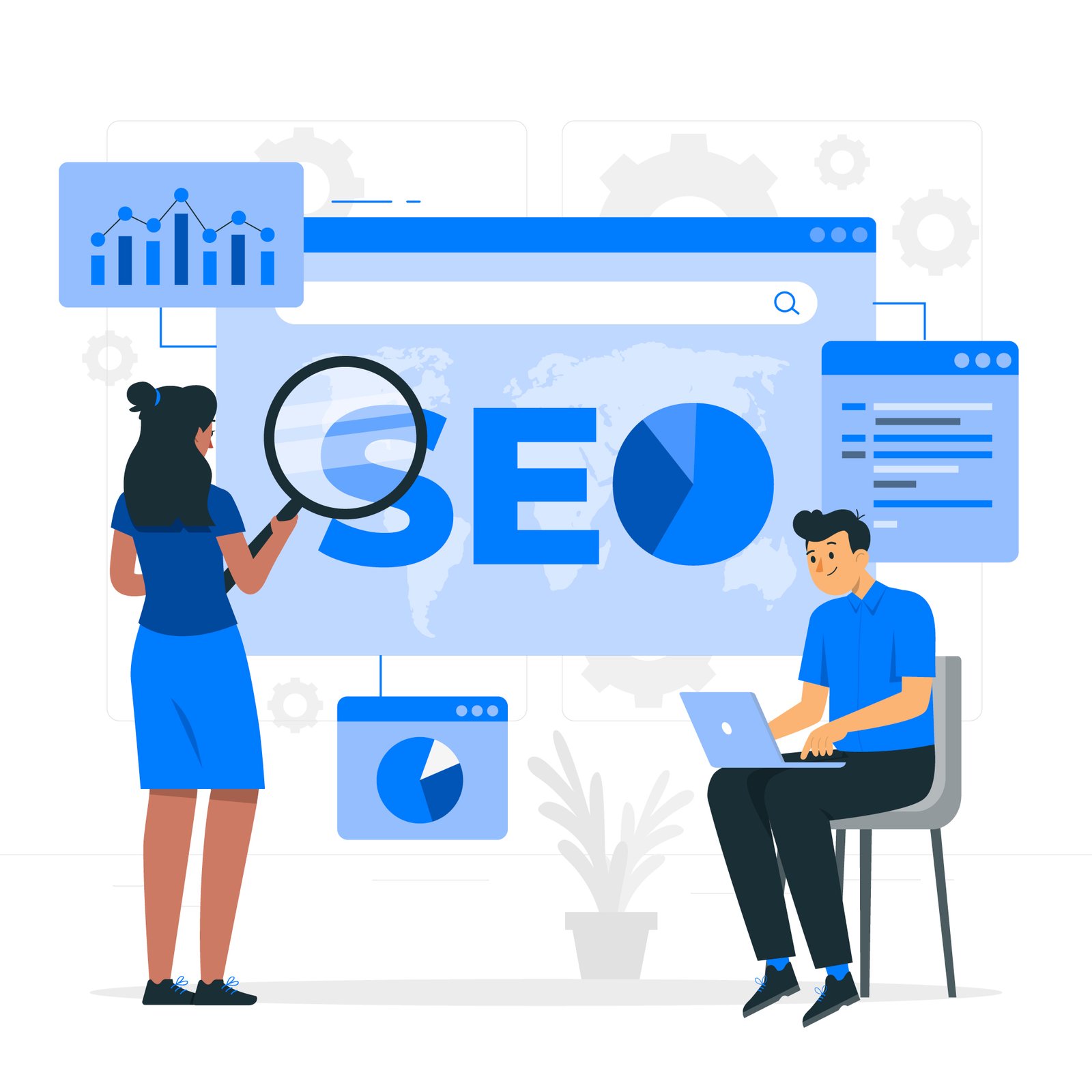SEO Web
Does it still make sense to talk about SEO in 2025? With users searching on ChatGPT, Perplexity, and Gemini, SEO doesn't just survive: it evolves. Discover how to master web positioning in the AI era.
What is web SEO and why it remains vital
Web SEO, or search engine positioning, has been the cornerstone of digital marketing since its inception. But does it still make sense to talk about SEO in 2025, when users no longer just search on Google, but also on ChatGPT, Perplexity, or Gemini? The answer is a resounding yes.
SEO (Search Engine Optimization) is the set of techniques designed to optimize a website and improve its visibility in organic search engine results. Despite the rise of AI assistants, 93% of online experiences still start with a search, according to multiple recent studies.

How SEO has evolved with the arrival of AI
Years ago, SEO moved between creating niches, monetizing with Adsense or Amazon, and searching for those keywords with low volume but high intent. Today, with the arrival of artificial intelligences, everything changed.
New conversational search interfaces like ChatGPT, Gemini, or Perplexity modified how users interact with information. It's no longer enough to appear in Google's first position; now we also compete to be "the selected answer" by these AIs.
"Web SEO doesn't just compete for top spots on Google or Bing, but also competes with artificial intelligence search engines like Perplexity, Gemini, or ChatGPT among others."
— Carlos Hernández, Senior SEO
SEO structure and strategy to compete in search engines and AI environments
A modern SEO strategy doesn't start or end with keyword research. It must consider the following:
- Real search intent: Today content must be optimized to answer the user's "why," not just the "what."
- Clear structure: Well-defined H1, H2, and H3, solid internal linking, and clean paths.
- Entities and semantic context: AIs understand topics, not just words. Semantic SEO is mandatory.
- Structured data (Schema.org): Facilitates reading for both Google and AIs.
- Evergreen and updatable content: What works today should be adaptable tomorrow.

On-Page SEO that works today
Here's the heart of any optimization: what happens inside your website. From content structure to how your page loads.
Essential On-Page checklist:
- Keywords and synonyms well integrated, without forcing
- Meta titles and descriptions oriented to CTR
- Extensive, useful content that answers specific questions
- Correct use of H1, H2, H3...
- Strategic internal links
- Clean and friendly URLs
- Optimized images with relevant alt texts
- Optimized loading speed (Core Web Vitals)
Off-Page and digital reputation in an AI world
Off-page SEO is no longer just about backlinks. Today we talk about reputation, mentions, topical authority... and especially context.
Key factors:
- Backlinks from sites with real authority (not link farms)
- Unlinked mentions that reinforce your brand
- Activity on social networks and specialized communities
- Citations in relevant media in your sector
- Well-developed Google Business profile
Web SEO is not dead, it's more alive than ever
If anything is clear after this exploration, it's that web SEO is far from disappearing. On the contrary: it has evolved into a more complex, more strategic, and more necessary discipline.
In a world of AI, fake gurus, and increasingly intelligent algorithms... ethical, technical, and personalized SEO will continue to be your best card. Because the future belongs to those who know how to optimize, without losing their soul.
Key point
What's important today is understanding that SEO is no longer limited to attracting traffic. It has become a strategic tool to shorten the "customer journey" and take users directly to the transactional phase.
Ready to take your project to the next level?
Stop losing visibility. Request a free SEO audit and discover your website's real potential.
